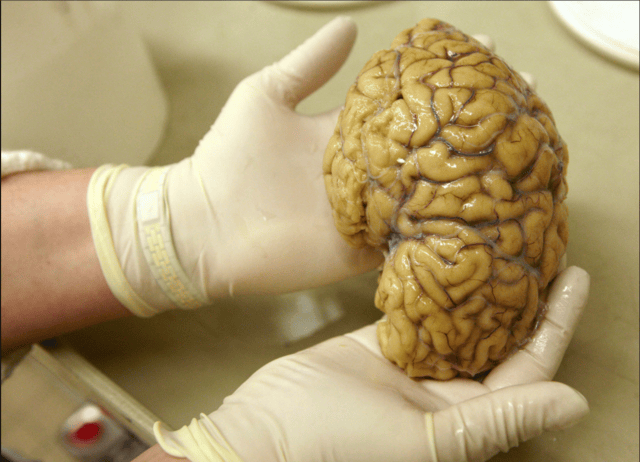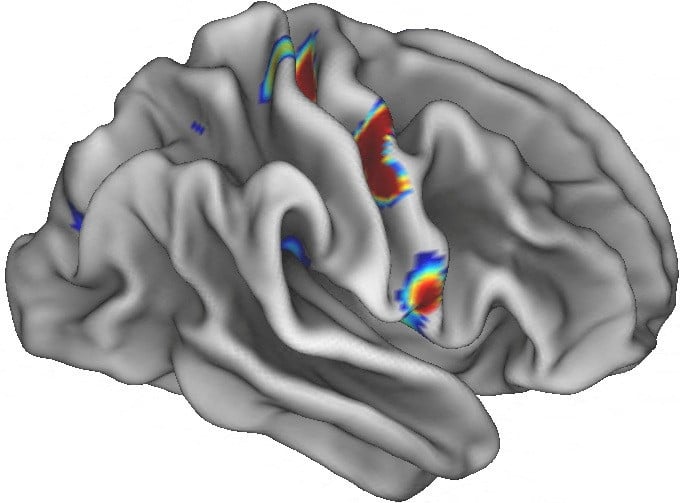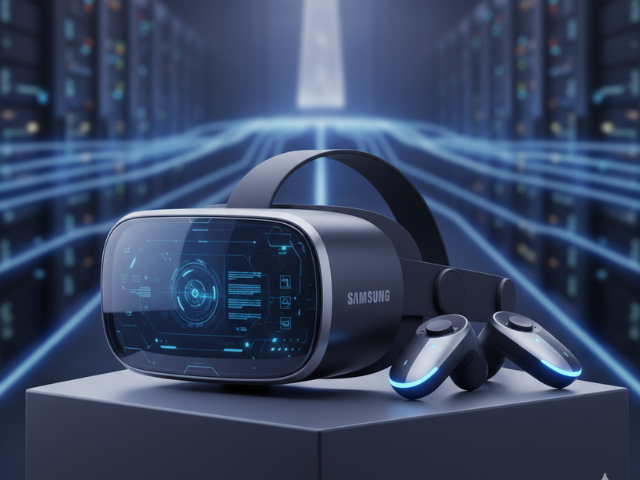Select Language:
Samsung’s Project Moohan: The VR headset targeting Apple’s Vision Pro
Image created using Gemini
Samsung’s upcoming Project Moohan is ready to challenge Apple’s Vision Pro, arriving with some impressive features. The worldwide release is set for October 21, with preorders starting September 29. This premium VR headset is powered by Qualcomm’s Snapdragon XR2+ Gen 2 processor and equipped with 1.3-inch Micro-OLED displays, offering a mind-blowing 13.64 million pixels per eye—almost two million more than Apple’s flagship device.
The visuals are expected to deliver richer colors and brighter environments, making the Quest 3 look outdated by comparison. Estimated pricing ranges between $1,799 and $2,999, which is less than the Vision Pro’s $3,499 price tag, while boasting specs that surpass Meta’s more affordable options. After two years in secrecy, Samsung’s move might shake up the extended reality market and give Apple a serious competitor in the premium VR space.
Vaccines don’t cause autism… but evolution might?

A laboratory assistant holds one hemisphere of a healthy brain in the Morphological unit of psychopathology at Belle Idee University Hospital near Geneva, March 14, 2011. Source: REUTERS
Recent research suggests that Autism Spectrum Disorders (ASDs) may stem from the incredible complexity of our brains. Scientists note that behaviors associated with ASD are seldom seen in primates other than humans and are linked to advanced thinking skills like speech and language—traits rarely observed in our closest relatives.
Advances in gene sequencing have uncovered parts of our DNA that remain stable in most mammals but have undergone rapid change in humans. Specifically, neurons in the brain’s outer layer, called L2/3 IT neurons, evolved quickly compared to primates, coinciding with significant changes in genes associated with autism.
While these findings indicate that evolution may have favored autism-related genes, it’s unclear what specific advantage they confer. Some of these genes are involved in delaying brain development, which might have allowed for longer periods of learning and language acquisition. This extended development could have played a role in human evolution by fostering more complex thought processes.
Essentially, the same evolutionary adaptations that increased brain complexity also increased neurodiversity. Recognizing this makes the idea that vaccines cause autism seem even more unfounded—it’s simply a natural outcome of our evolutionary path.
How old is your brain in years?

Illustration shows colorful marks on one side of the brain highlighting areas linked to movement, thinking, planning, and controlling vital functions like heartbeat. Source: REUTERS
You’ve probably come across books, videos, tabloid stories, or even games that try to estimate your “brain age” using dubious methods. Reliable measurement of brain age has eluded scientists for years—until recently. Now, researchers have started quantifying how “healthy” brains age over time.
In 2022, a study published in the journal Nature analyzed over 100,000 brain scans across different age groups. The findings showed that brain regions tend to shrink as we age, especially areas linked to neurological diseases like Alzheimer’s, schizophrenia, depression, and anxiety. But aging doesn’t automatically mean your brain is older than your chronological age. Sometimes, a younger person can have an “older” brain, reflecting premature aging.
Factors like genetics, chronic stress, and inflammation can cause the brain to age prematurely. It’s important to note that a single scan is just a snapshot—it’s more like a thermometer that gives an overall idea of brain health rather than a comprehensive diagnosis.
So, what’s the secret to a healthy brain? There isn’t a magic cure, but lifestyle choices matter. Eating a balanced diet, getting enough sleep, exercising regularly, staying socially active, and avoiding smoking all contribute. Staying in school or continually learning also helps keep your mind sharp. Yes, it sounds like advice from your mom, but the truth is, good habits really do support brain health.







